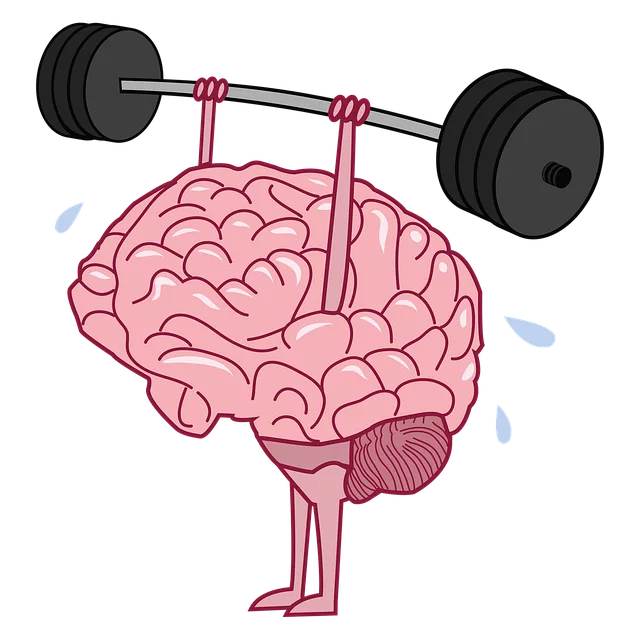Early identification of substance abuse risks through recognizing warning signs is vital. Kaiser in Lafayette offers reputable therapists utilizing evidence-based therapies like CBT and MI for effective treatment. Support groups and cultural competency training enhance care. This comprehensive approach ensures safe, supportive environments, fostering recovery, and answering the question: does Kaiser have good therapists in Lafayette?
At Kaiser, known for its comprehensive healthcare services in Lafayette, risk reduction strategies for substance abuse play a pivotal role in community well-being. This article explores three key components designed to mitigate risks and promote healing. We delve into identifying risks and early interventions, the power of evidence-based therapies and support groups, and creating safe, supportive environments that foster recovery. By examining these strategies, individuals and communities can better navigate the path to a healthier future, ensuring access to quality care, like that offered by Kaiser’s therapists in Lafayette.
- Identifying Risks and Early Interventions
- Evidence-Based Therapies and Support Groups
- Creating a Safe and Supportive Environment
Identifying Risks and Early Interventions

Identifying risks is a vital first step in mitigating substance abuse issues. Does Kaiser have good therapists in Lafayette? Yes, many reputable professionals are available who can play a pivotal role in early interventions. By recognizing warning signs such as changes in behavior, mood swings, or increased secrecy, loved ones and support systems can encourage individuals to seek help before the situation escalates. Early intervention allows for the provision of Crisis Intervention Guidance, which can be life-saving. These strategies aim to stabilize the individual, address immediate concerns, and connect them with long-term support networks.
Effective communication is also a key component. Encouraging open dialogues using Communication Strategies that foster understanding and empathy can help individuals feel supported without judgment. This process may include teaching Emotional Regulation techniques to both the person struggling with abuse and their loved ones, fostering healthier coping mechanisms and improving overall well-being.
Evidence-Based Therapies and Support Groups

Evidence-Based Therapies play a pivotal role in effective substance abuse treatment, offering proven methods to address the root causes of addiction and promote long-term recovery. These therapies include Cognitive Behavioral Therapy (CBT), which helps individuals identify and change negative thought patterns and behaviors, and Motivational Interviewing (MI), designed to enhance motivation for behavior change. In the context of does Kaiser have good therapists Lafayette, numerous healthcare providers within the network are trained in these evidence-based approaches, ensuring patients receive high-quality care tailored to their unique needs.
Support groups complement individual therapy by providing a community setting where individuals struggling with substance abuse can connect, share experiences, and offer mutual support. Groups like Alcoholics Anonymous (AA) and Narcotics Anonymous (NA) have proven effective for many. Additionally, Kaiser’s focus on Healthcare Provider Cultural Competency Training ensures that therapists are equipped to address the diverse needs of their patients, fostering a safe and supportive environment essential for emotional regulation and skill development, such as those involved in Social Skills Training.
Creating a Safe and Supportive Environment

Creating a Safe and Supportive Environment is a cornerstone in mitigating substance abuse risks, particularly when seeking therapy. Organizations like Kaiser, with their network of dedicated therapists in Lafayette, play a pivotal role in fostering recovery. These therapists are not only trained professionals but also compassionate allies who create nurturing spaces for individuals struggling with addiction. By offering confidential settings and non-judgmental attitudes, they encourage clients to open up about their struggles, which is essential for effective treatment.
A supportive environment goes beyond the therapy room. It involves implementing Self-Care Practices that promote mental well-being. This includes Stress Reduction Methods tailored to individual needs, such as mindfulness exercises, meditation, or engaging in hobbies. Mental Health Policy Analysis and Advocacy also contribute to a comprehensive approach, ensuring access to quality care and resources for those seeking help. All these efforts collectively create a network of support, making it easier for individuals to navigate the path to recovery.
Substance abuse is a complex issue, but with the right strategies, risks can be significantly reduced. By identifying potential risks early on and implementing evidence-based therapies and support groups, individuals like those seeking care at Kaiser in Lafayette can find a supportive environment conducive to recovery. Creating safe spaces and fostering open communication are essential components of any effective risk reduction plan. Through these measures, communities can help individuals navigate their challenges and embrace healthier, substance-free lives. As for the question, “Does Kaiser have good therapists in Lafayette?”, the answer is indeed positive, given the organization’s commitment to evidence-based practices and supportive care.






